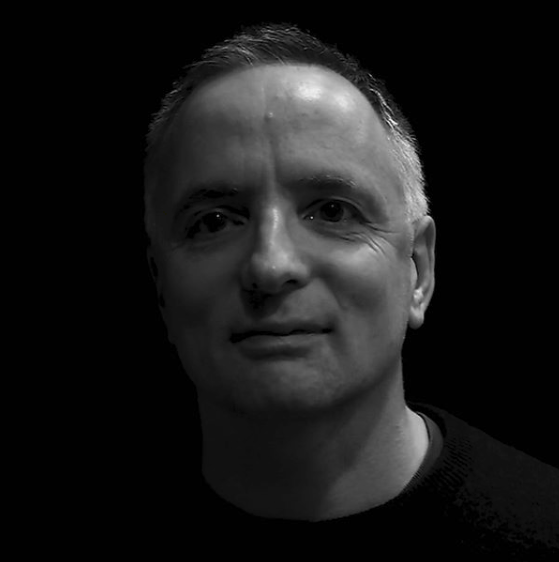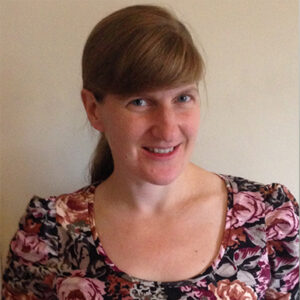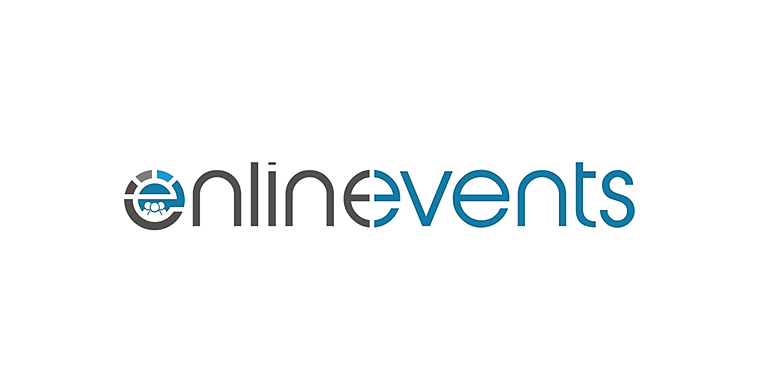Autism Dialogue Approach is a unique model which draws on many aspects of lived experience, extensive training in dialogue, coaching, counselling, philosophy, and ongoing social-science research. Building on common helping modalities including person-centred, relational depth, the dialogic, mindfulness and transpersonal, this course teaches skills for professional helpers to facilitate deeper insight in group and 1-1 support settings, across neurotypes.
This is an opportunity for you to obtain a comprehensive understanding of autism while, transcending the medical model; examine the deficits of modern society; learn about autistic trauma and stress, understand the pros and cons of the neurodiversity paradigm and learn why the dialogic approach is perfect for this whole arena. Our model takes a new approach to Autism in which it becomes a question rather than a label, and opens the shared container of exploration into the nature of ‘autos’ (self), in whichever way the participants collectively take it. Facilitators work safely and sensitively to guide the structured conversation.
These three sessions will consist of theoretical input, self-reflection exercises, and whole group discussions. On completion of the course you will be invited to attend a full generative dialogue session, where a limited number of participants will take a deep experiential dive into the approach on Zoom. This event will launch an ongoing monthly series for those who have completed the short course (live session, not the recording). Members will have access to exclusive content, a forum and invitations to other events such as our planned in-person dialogues.
*We eschew the medical categorising and labelling of autism; instead viewing autistic people as unique, autonomous individuals with the potential to overcome their problems and thrive. In line with maintaining our principle aims and a safe environment for all, if you do not agree with our position (to the point of needing debate rather than dialogue), please choose an alternative setting. Thank you.
Learning Objective Participants Can Expect From This Event
- Understand the nature of autism (strengths-focus), the neurodiversity paradigm, autistic communication, trauma, sensitivity and societal impacts.
- Understand how dialogic approaches eg. Bohm, Bakhtin, Intergroup, Sustained Dialogue and Voice Dialogue may be useful for this area.
- Recognise and articulate your own values and perspectives around autism, neurodiversity, intersectionality, society, communication and self-identity.
Who is This Workshop Appropriate For?
- Counsellors, therapists, coaches and students; also healthcare professionals who understand what working relationally
How May This Workshop Impact Your Practice?
- Elevate your awareness of different neurotypes and lifeworld experience through knowledge absorption and deep self-exploration to provide a powerful new angle to your practice.
Course Content
Presenter

Jonny is an informal researcher, coach and dialogue facilitator, influenced by a life of Eastern and Western disciplines including in contemporary fine arts, dialogue and spiritual practice. After a diagnosis of Asperger Syndrome he trained in Coaching and Autism studies, then formulated the Autism Dialogue Approach® and Mindfulness for Autism (M4A).
Dialogic Action CIC was founded by a team of autistic people, academics, philosophers, coaches and third-sector experts, who believe generative dialogue is a framework for moving beyond individual consciousness into an emergent wholeness, and the key to a more harmonious existence.

Kate Salinsky currently a trainer with the National Autism Trainer Programme (NHS/Anna Freud Centre/AT-Autism). She also supports neuro-divergent students 1-1 in higher education as a study skills tutor and mentor, and adults as a mentor / coach through Access to Work. Kate is parent to a two children one of whom is autistic and has a PDA profile. She has an MA in Autism and completed her research dissertation on the Lived Experience of Parents of PDA children. Previously, Kate worked as a training manager and counsellor in the voluntary sector for over 20 years, managing a team of trainers to design and deliver accredited training to people working in substance misuse, counselling and mediation.


